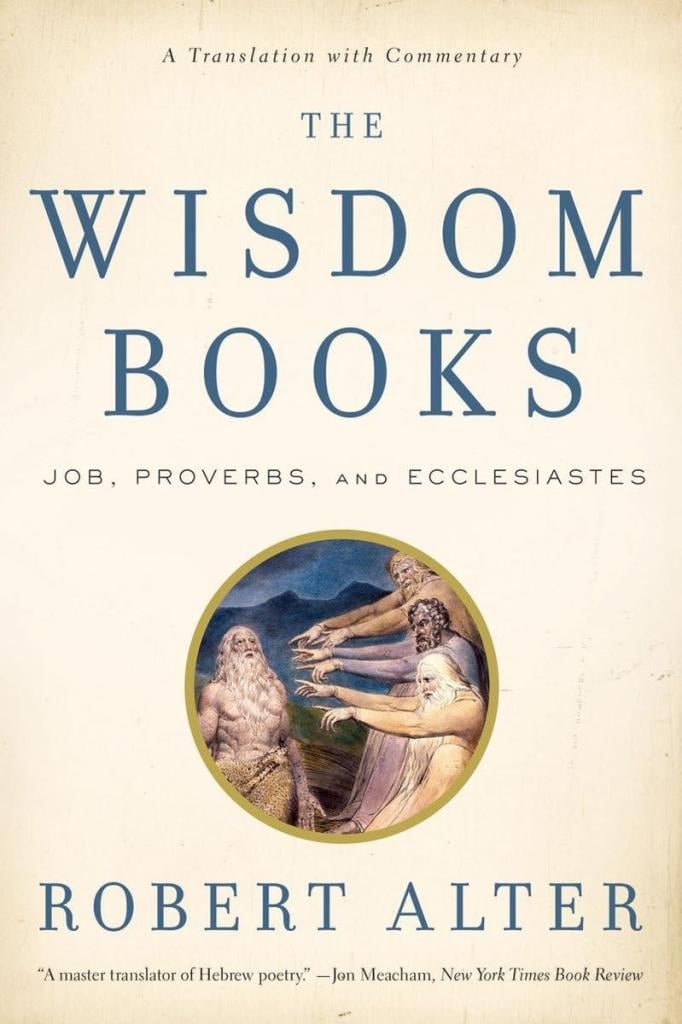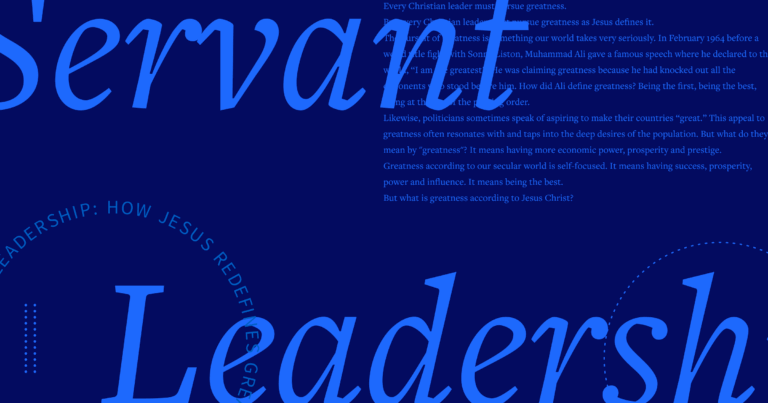Some of the most neglected literature in all of Scripture is Wisdom literature, which includes Proverbs, Ecclesiastes, and Job in the canon and later Sirach and Wisdom of Solomon, all of which influenced the teaching of Jesus and Paul. In this post I want to talk generally about the nature of this literature, and then we will work through some samples from Proverbs and Ecclesiastes.
Speaking generally, wisdom literature in the Jewish tradition involved sages studying the behavior of humans, and even sometimes of animals and other living creatures, to derive some lessons for the lives of their followers. For example, in Proverbs you have stock characters like the wise woman (Wisdom) or the sluggard, or the good wife, or the obedient and wise son and the like. What is not often noted is that the aphorisms, or maxims of these sages presuppose: 1) a specific social setting, for instance in Proverbs it is assumed that there is normal life within an orderly society of pious Jews, whilst in Ecclesiastes we have counter-order wisdom because the social situation is chaotic and things are often upside down. Interestingly, Jesus partakes and enunciates both of these kinds of wisdom in regard to the coming Kingdom. Often in fact, counter order wisdom can involve surprising and even miraculous things, indeed can involve riddles like ‘how can a rich man get into heaven’. C.S. Lewis once had a field day with that saying, and wrote a little ditty, as follows:
“All things (e.g. a camel’s journey through A needle’s eye) are possible, it’s true. But picture how the camel feels, squeezed out In one long bloody thread, from tail to snout.”
Perhaps the most important thing to say about proverbs, or maxims or riddles is that while they are often true, they are not always true. While ‘train a child up in God’s ways, and he will not depart from them in old age’. may often be true, but it is not always true. In other words, such proverbs are generalizations. Or is it always true that early to bed and early to rise makes a person healthy, wealthy, and wise? Certainly not.
One should not assume that wisdom literature is giving guidance that is always true in all circumstances no matter what. The book of Ecclesiastes makes clear that is not always so. When the moral order of society breaks down, then it is not true that if one works hard, one will be rewarded or at least fairly compensated? No says Qoheleth— such thinking is vanity, void of truth in some cases.












 English (US) ·
English (US) ·